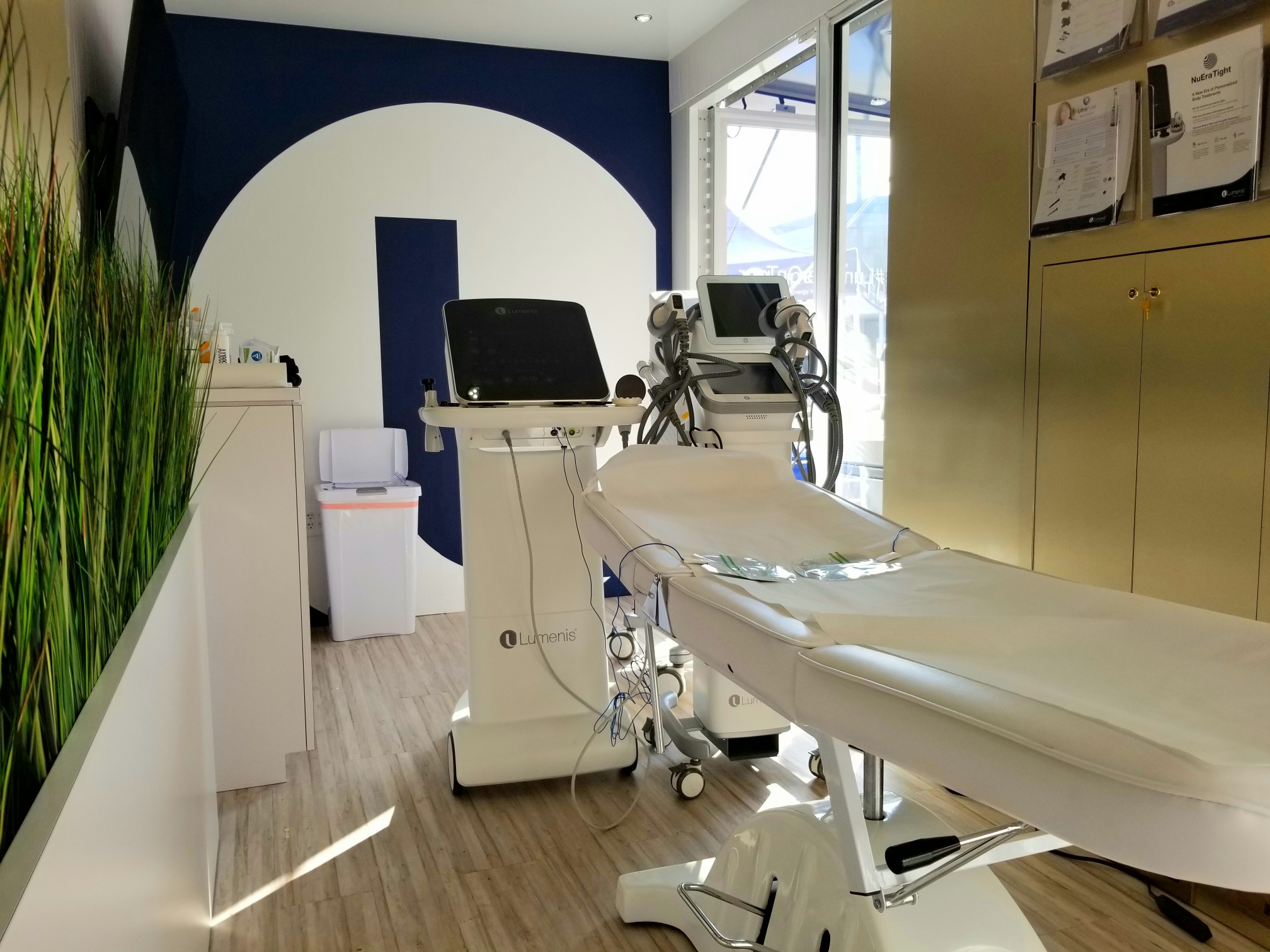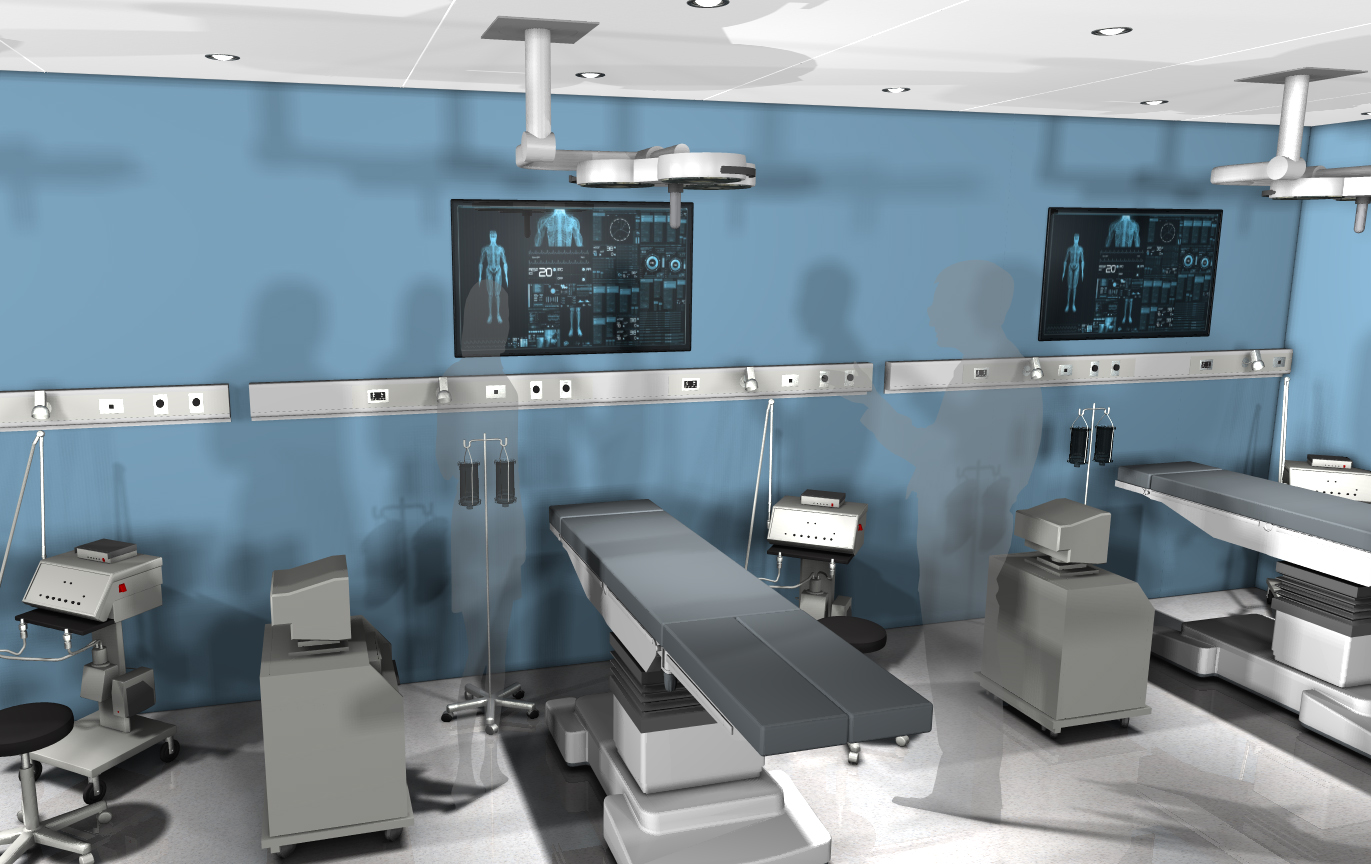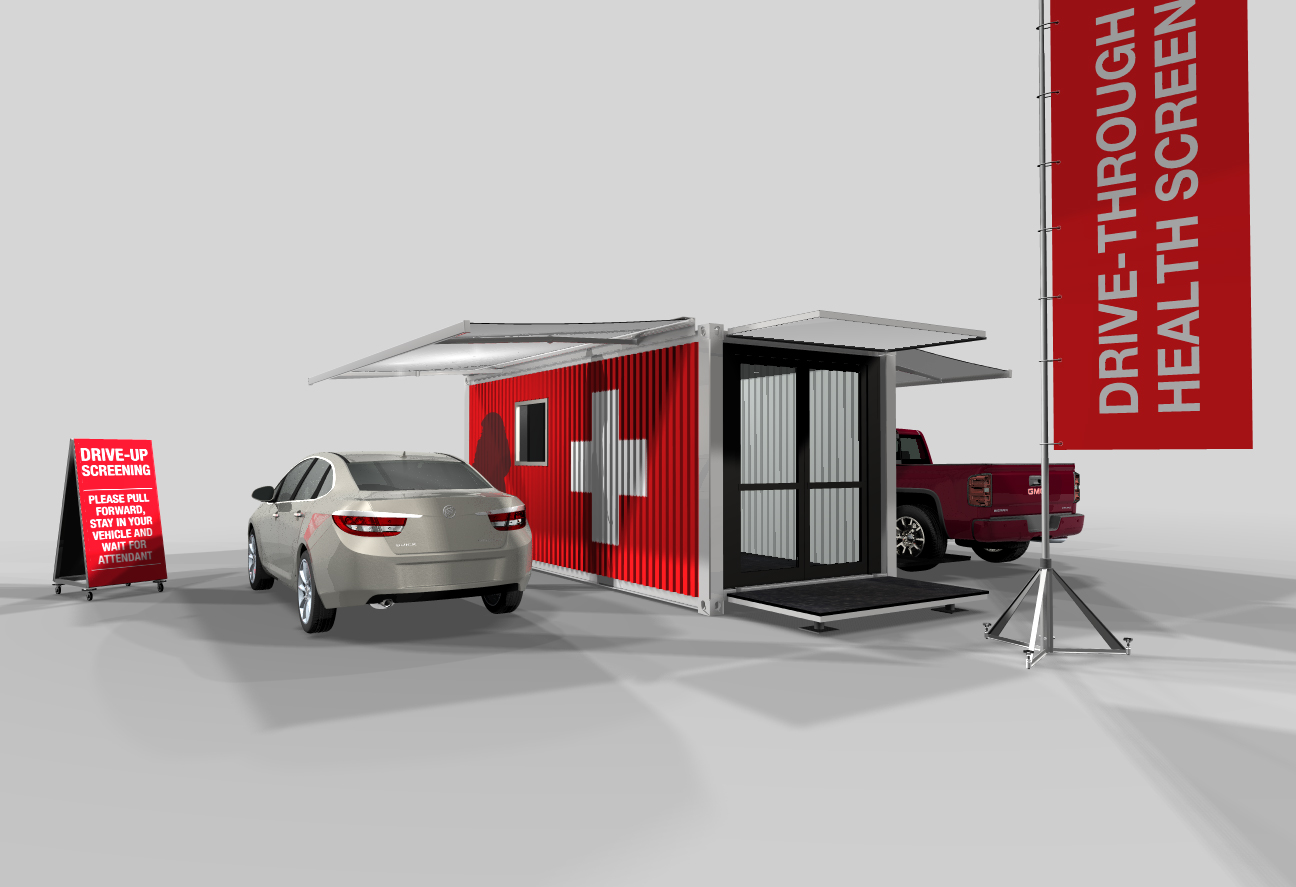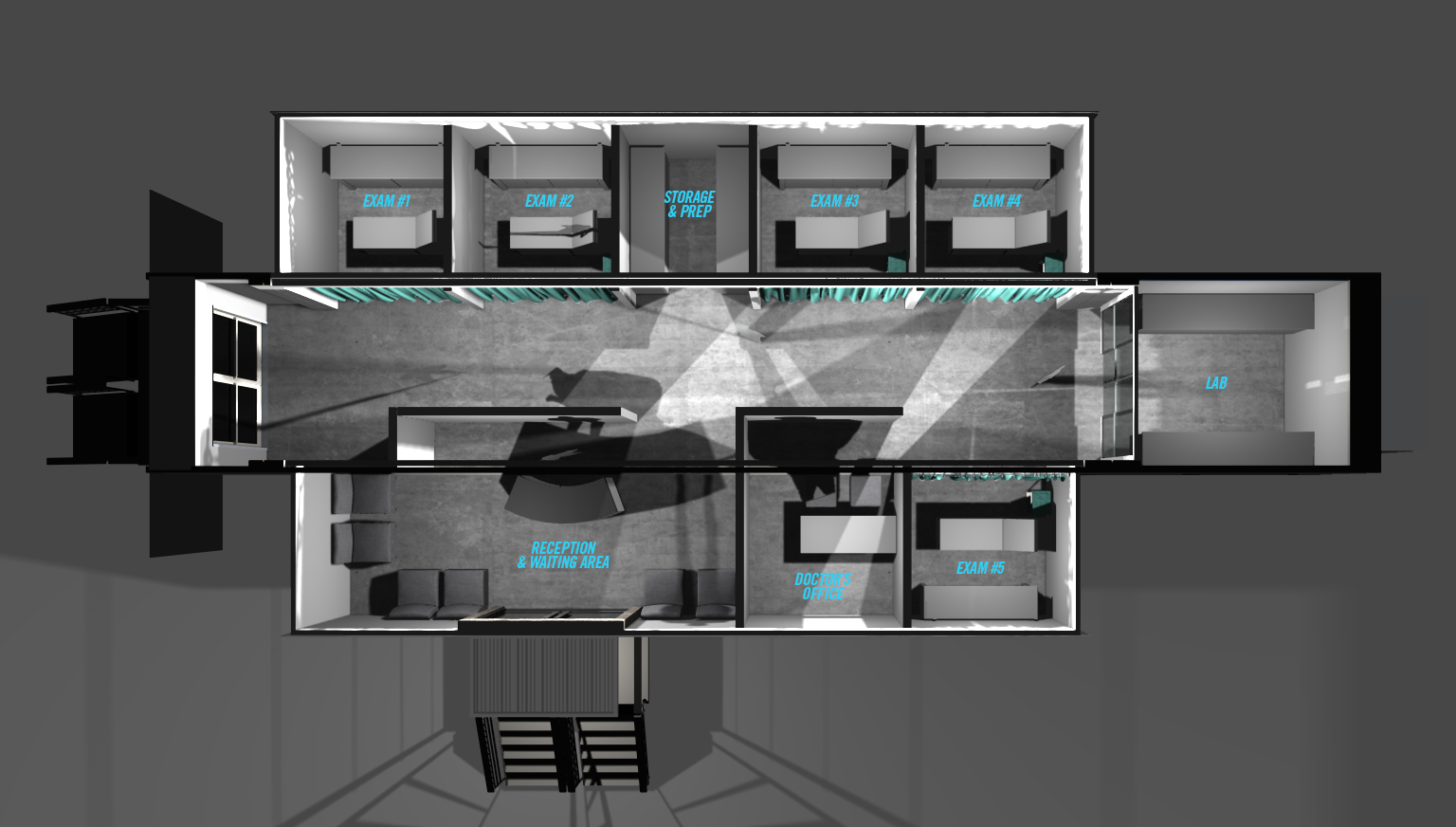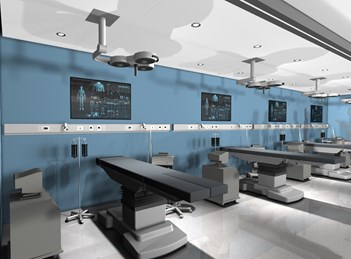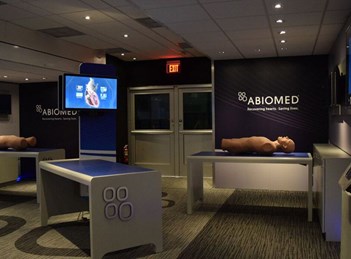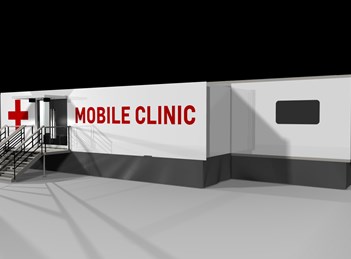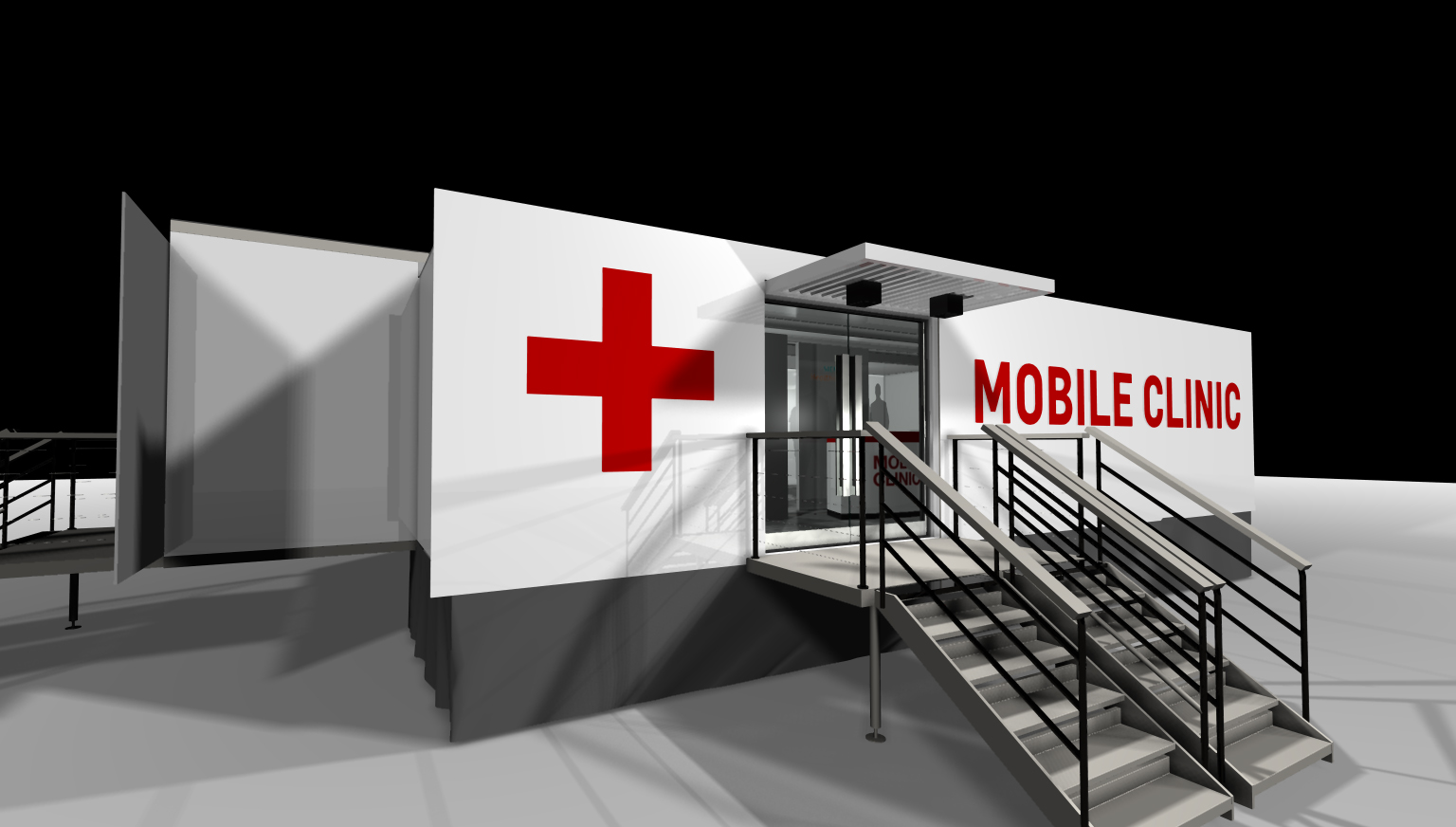
Healthcare Solutions: Mobile Clinics & Community Outreach
While strides have been made in the healthcare industry to provide patients with uncompromised care, there are still various locations throughout the country that suffer from limited access to care. These locations may be geographically remote, face healthcare barriers based on socioeconomic status, or may have limited care centers. Mobile healthcare clinics can help these communities as they allow healthcare providers the flexibility to care for patients practically anywhere, at any time.
Reach Underserved Communities: A mobile clinic provides the opportunity to reach underserved or geographically remote communities as it can travel virtually anywhere. Provide patients with more access to healthcare by setting up right in their neighborhoods, where they work, etc. Better connect patients, who may otherwise have gone without care, with more healthcare options, including screenings, vaccinations, medical education and more.
Decrease Capacity Challenges: For communities with overstressed facilities, a mobile clinic can be a very cost-effective solution to capacity challenges. Supplement limited resources and alleviate traffic at hospitals and care centers by treating patients in a mobile environment. Better service patients by increasing accessibility and reducing wait times on receiving care and results.
Provide Effective Care: With increased versatility, mobility and accessibility, a mobile clinic can work for a variety of medical applications. Provide value-based care, including preventive and primary healthcare. A mobile unit can be fully customized to meet community specific healthcare needs, connecting more patients with the healthcare providers.
